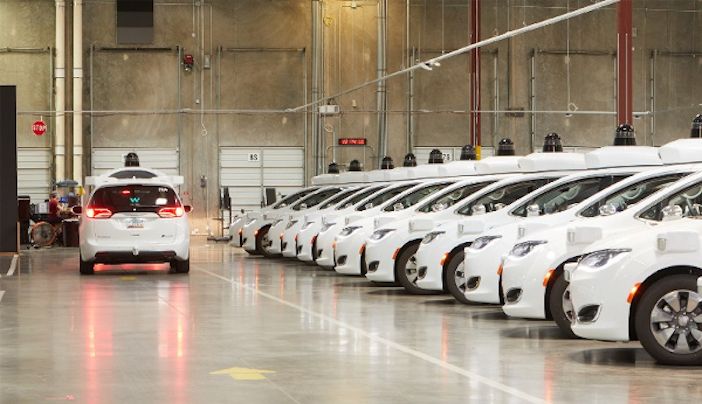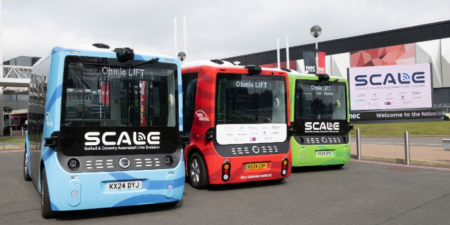Google/Alphabet’s Waymo self-driving vehicle division has announced that the California Department of Motor Vehicles (DMV) has just granted the company the first permit to begin fully driverless testing on public roads in the state.
The permit is the result of new DMV regulations that took effect in April, which allow companies to apply for fully driverless testing within carefully defined limits, and is the product of nearly 10 years of testing in California by Waymo’s team.
This will be the first time that California has allowed tests on public roads of fully driverless cars; that is, without a test driver sitting in the seat behind the wheel. Fully driverless testing is the latest step in the path that Waymo has been on since 2009, when the company first began working on self-driving technology at Google. Since then the company has driven over 10 million autonomous miles on public roads across 25 cities. California will join the Waymo driverless testing program that has been happening in Phoenix, Arizona, since last year.
Waymo’s test cars will initially only be driving in certain parts of the state, which includes parts of Mountain View, Sunnyvale, Los Altos, Los Altos Hills and Palo Alto. The company knows this area well, as it includes the headquarters for Waymo and its parent company, Alphabet.
Mountain View is home to more than a dozen autonomous vehicle companies, and has supported safe testing for years. Prior to expanding the territory for driverless testing, Waymo will notify the new communities where this expansion will occur, and submit a request to the DMV.
Waymo’s permit includes day and night testing on city streets, rural roads and highways with posted speed limits of up to 65mph (105km/h). The company says its vehicles can safely handle fog and light rain, and testing in those conditions is included in its new permit.
Waymo will gradually begin driverless testing on city streets in a limited territory and, over time, expand the area it drives in as the company gains the confidence and experience it needs to expand the program further afield.
Waymo says that if one of its vehicles comes across a situation it does not understand, it will do what any good driver would do: come to a safe stop until it understands how to proceed safely.
For the cars, that means following well-established protocols, which include contacting Waymo fleet and rider support for help in resolving the issue. Waymo’s vehicles undergo rigorous testing that begins well before they get to the road, with its self-driving system having ‘learned’ from driving nearly seven billion simulated miles.
The company says its first driverless rides will be for members of the Waymo team, but eventually, it will create opportunities for members of the public to experience the technology, as has been done in Arizona with its early rider program.





